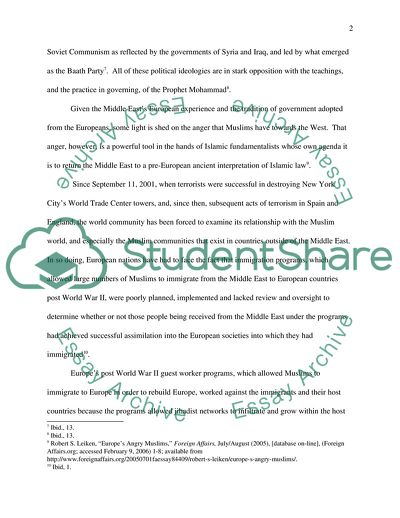Cite this document
(History Acceptance of Muslims in the World Essay Example | Topics and Well Written Essays - 1250 words, n.d.)
History Acceptance of Muslims in the World Essay Example | Topics and Well Written Essays - 1250 words. https://studentshare.org/religion-and-theology/1703252-muslim-and-the-world
History Acceptance of Muslims in the World Essay Example | Topics and Well Written Essays - 1250 words. https://studentshare.org/religion-and-theology/1703252-muslim-and-the-world
(History Acceptance of Muslims in the World Essay Example | Topics and Well Written Essays - 1250 Words)
History Acceptance of Muslims in the World Essay Example | Topics and Well Written Essays - 1250 Words. https://studentshare.org/religion-and-theology/1703252-muslim-and-the-world.
History Acceptance of Muslims in the World Essay Example | Topics and Well Written Essays - 1250 Words. https://studentshare.org/religion-and-theology/1703252-muslim-and-the-world.
“History Acceptance of Muslims in the World Essay Example | Topics and Well Written Essays - 1250 Words”. https://studentshare.org/religion-and-theology/1703252-muslim-and-the-world.


